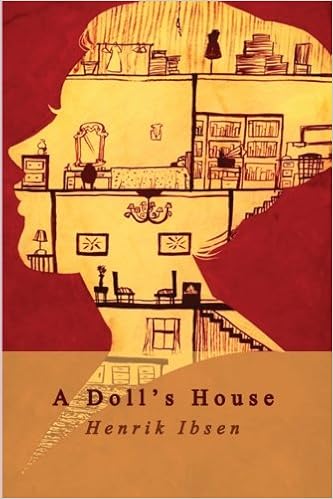There's a wonderful line in The Best Exotic Marigold Hotel that says, "Everything will be all right in the end...if it's not all right, then it's not yet the end." There's more than mindless optimism in that phrase, that's an expression of faith. It encourages you to keep going, and not be dismayed, even in the face of disaster. It's a faith Jane Austen endorsed when she wrote Persuasion, her last story with a sensible heroine.
 Austen wrote about two types of women, those who think before they speak and the rest of us. The impulsive, strong-willed ones like Marianne Dashwood, Emma Woodhouse and Catharine Moreland are easy to identify with because they say what they feel and they cause most of their own problems. The responsible heroines are a little bit deeper. Elinor Dashwood, Fanny Price and Anne Elliot are always aware that odds and circumstances are against them so they're careful about what they say and when they speak. Most of the time, this is a good trait but in Persuasion, Austen shows the downside of being too careful.
Austen wrote about two types of women, those who think before they speak and the rest of us. The impulsive, strong-willed ones like Marianne Dashwood, Emma Woodhouse and Catharine Moreland are easy to identify with because they say what they feel and they cause most of their own problems. The responsible heroines are a little bit deeper. Elinor Dashwood, Fanny Price and Anne Elliot are always aware that odds and circumstances are against them so they're careful about what they say and when they speak. Most of the time, this is a good trait but in Persuasion, Austen shows the downside of being too careful.
In case you don't know it, Persuasion's set-up is simple. At nineteen, Anne Elliot broke her engagement to Lt. Frederick Wentworth. She didn't want to but her best friend persuaded her that the couple was too broke and too young to create a happy life together. (Anne's father thought a naval lieutenant wasn't good enough for his daughter at the time.) Now, nine years later, Anne's still unmarried, still missing Wentworth, and living in a house her father can't afford to maintain. Her ex-fiance reappears, complete with a promotion, and his fortunes have climbed as much as her father's have fallen. Anne can't tell her ex-boyfriend she's still nuts about him. If she does, she'll just look like another gold-digging tramp and lose what little respect he may still have for her. So Anne has to be quiet and watch other unmarried girls chase after the man that she loves, knowing she made a mistake.
 |
| Amanda Root in the 2007 adaptations of Persuasion |
What happens next is the rest of the book but this story's already broken the Austen pattern. In the other books, when Austen's girls get the right guy, the tale is told. Persuasion is about people making mistakes by relying on the judgment of others and whether anyone hurt so deeply can find the courage to try again. It's also the story of a middle-class that fights to keep up all the wrong appearances. Anne's father is so wrapped up in being a minor aristocrat (he's a Baronet) that the benefits of the navy's meritocracy completely escape him. When setbacks befall him, all he's left with is his title. In contrast, Anne is the only one with the vision to see what really matters and where her true future lies.
If Austen ever sought another title for this book, Patience would have been as good an idea since it takes patience to correct a mistake. But in the meantime, if you are under stress, keep Anne Elliot's faith to make the best of each bad situation and do the next right thing. If that doesn't work, remember that everything will be all right in the end...so trouble now means the story's not finished.

















